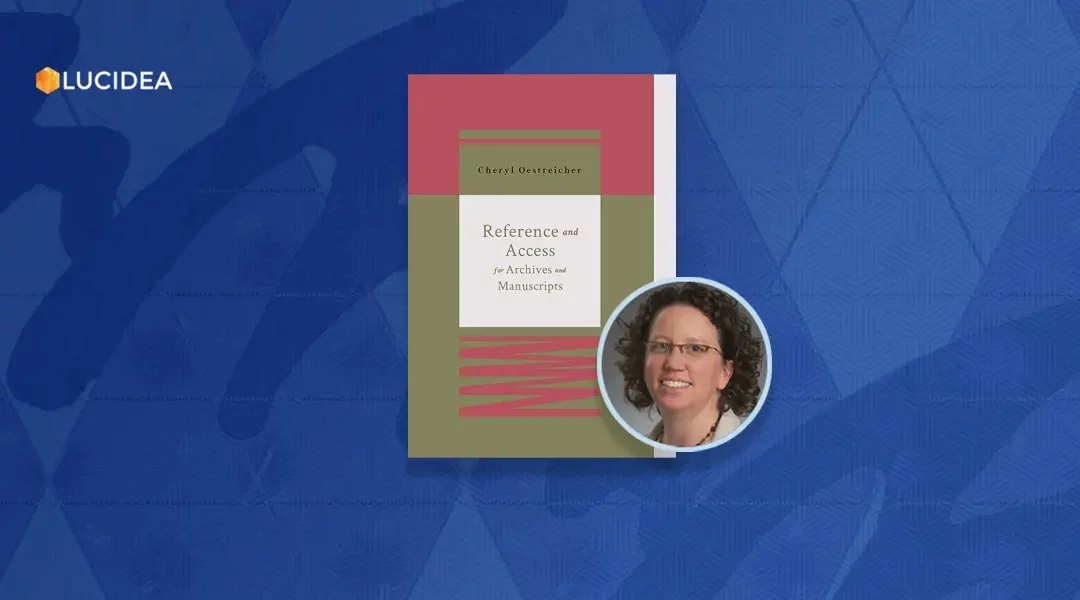
Interview with the Author: Cheryl Oestreicher on Reference and Access for Archives
Lauren Hays interviewed Cheryl Oestreicher about her book’s theme: access is the goal of all archival work, and all archival functions culminate in access.

Lauren Hays interviewed Cheryl Oestreicher about her book’s theme: access is the goal of all archival work, and all archival functions culminate in access.
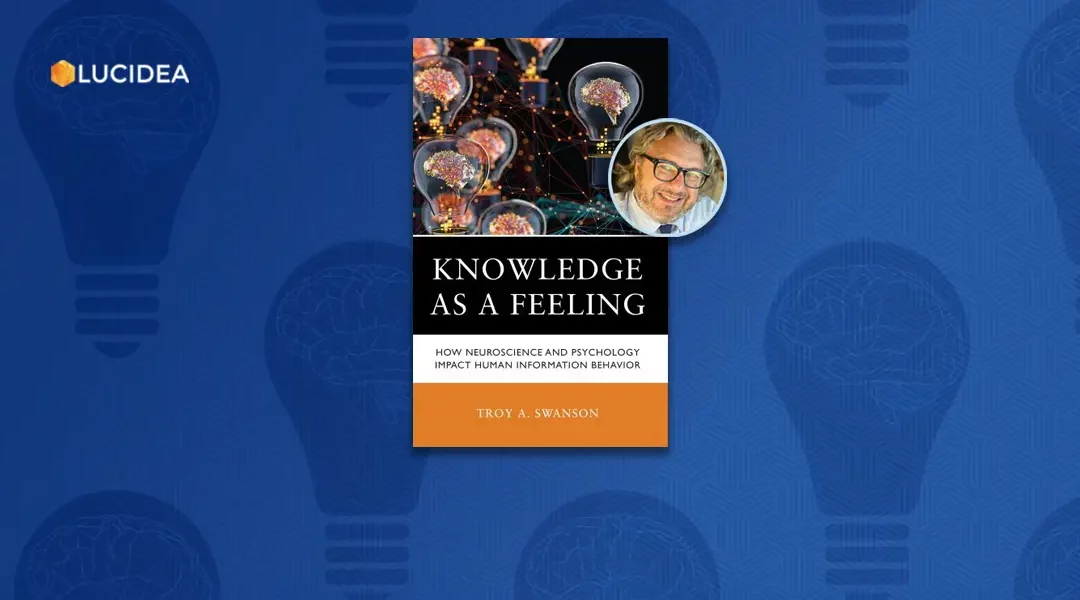
Lauren Hays’ interview with Dr. Troy Swanson author of Knowledge as a Feeling, which examines how neuroscience and psychology influence librarianship
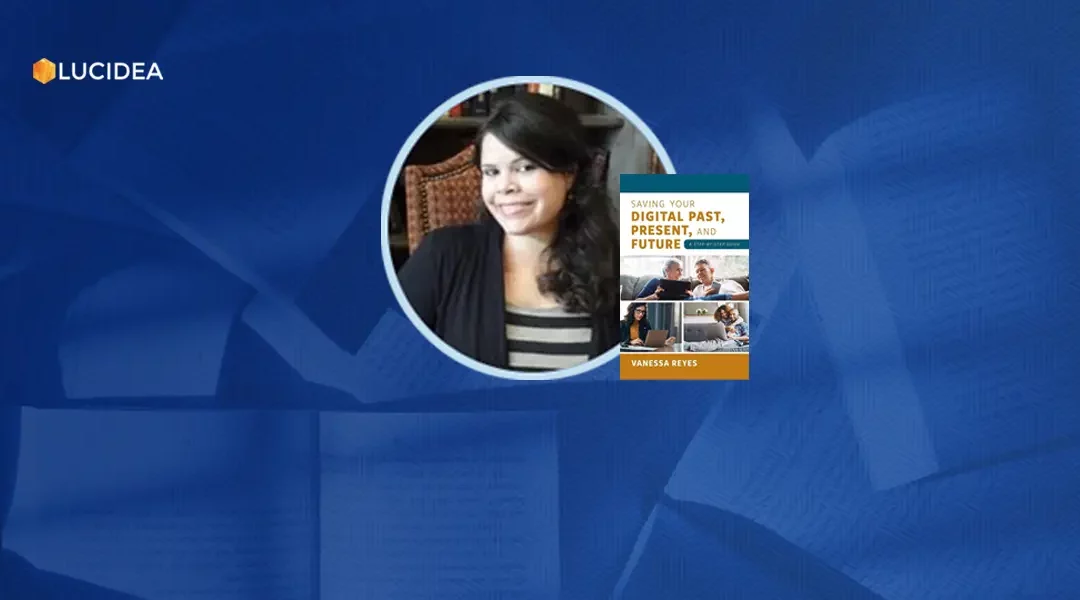
Lauren Hays interview with Dr. Vanessa Reyes on the process of writing a book; tips that will help you prepare and succeed.
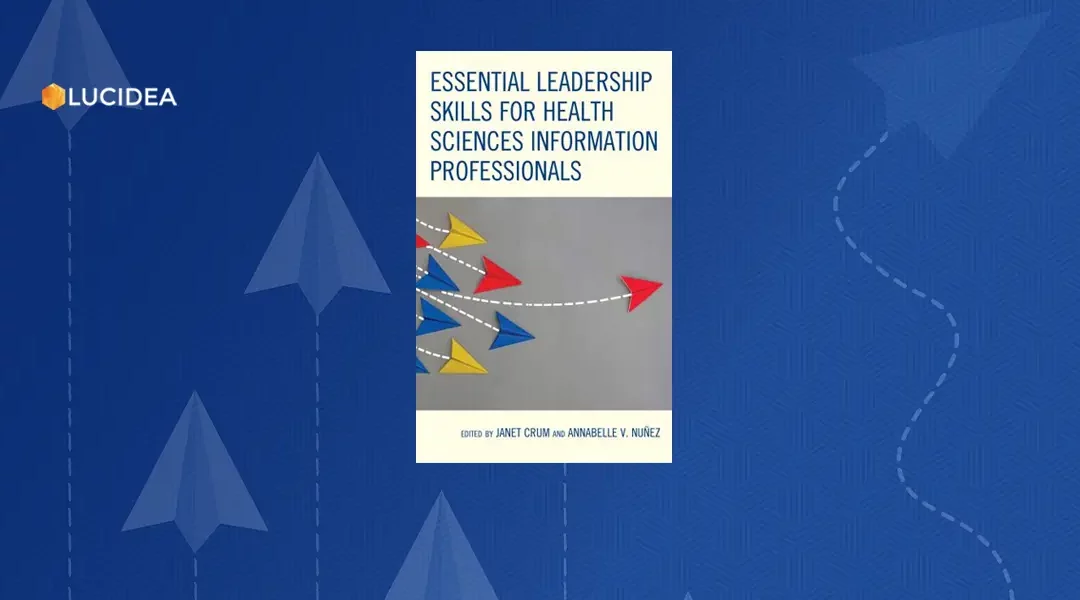
Many librarians are promoted into leadership roles without training to help them succeed; highlights of book intended to bridge that gap
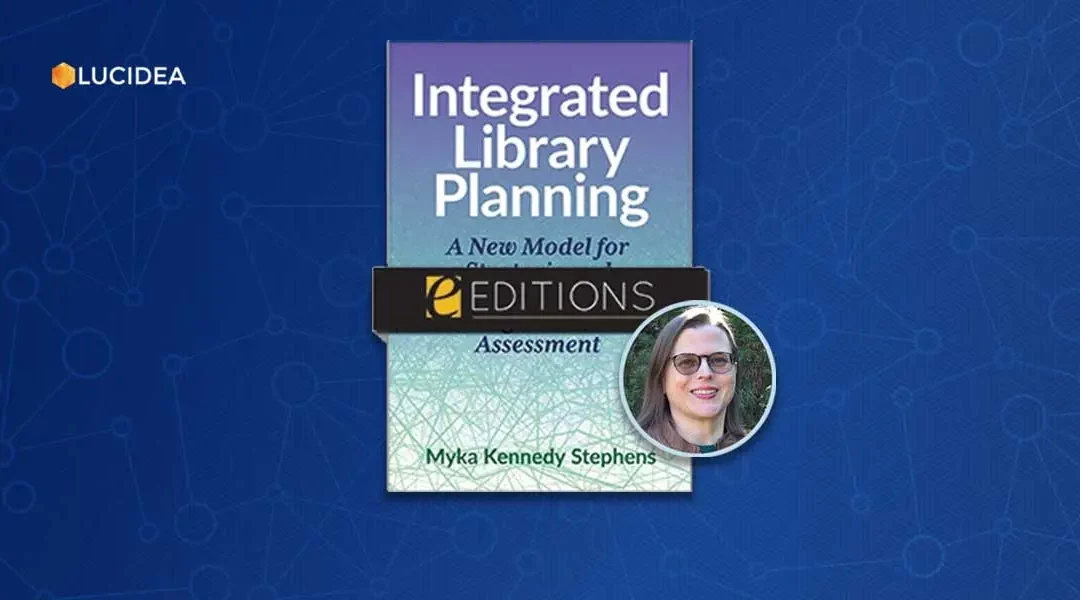
Integrated Library Planning is a model that can help librarians become more resilient in an environment under constant change.
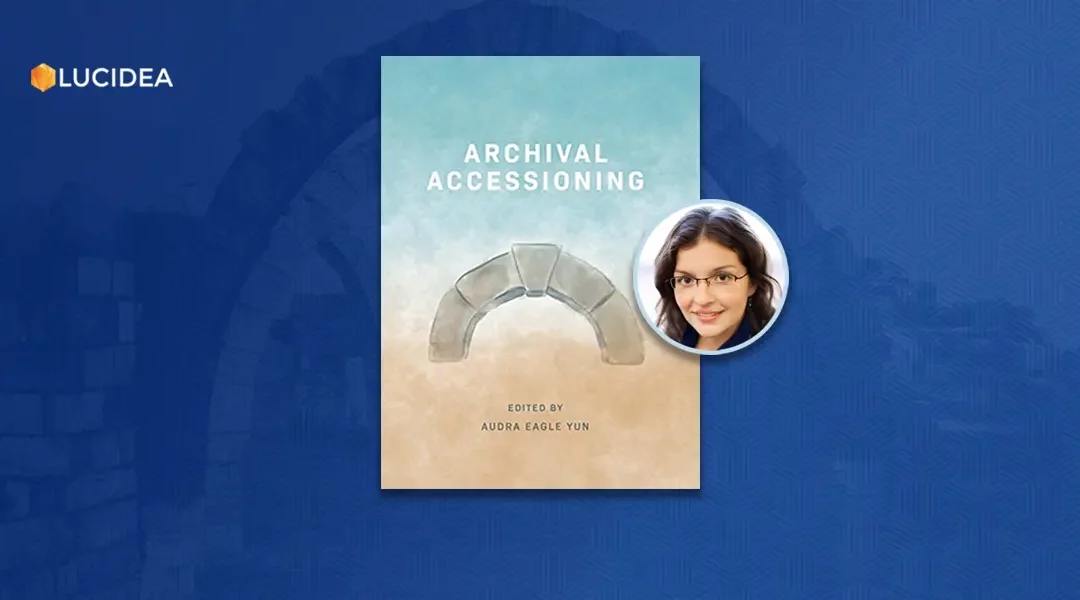
Archival accessioning is at the heart of holistic, extensible collection management – you *can* create your own archival accessioning program.
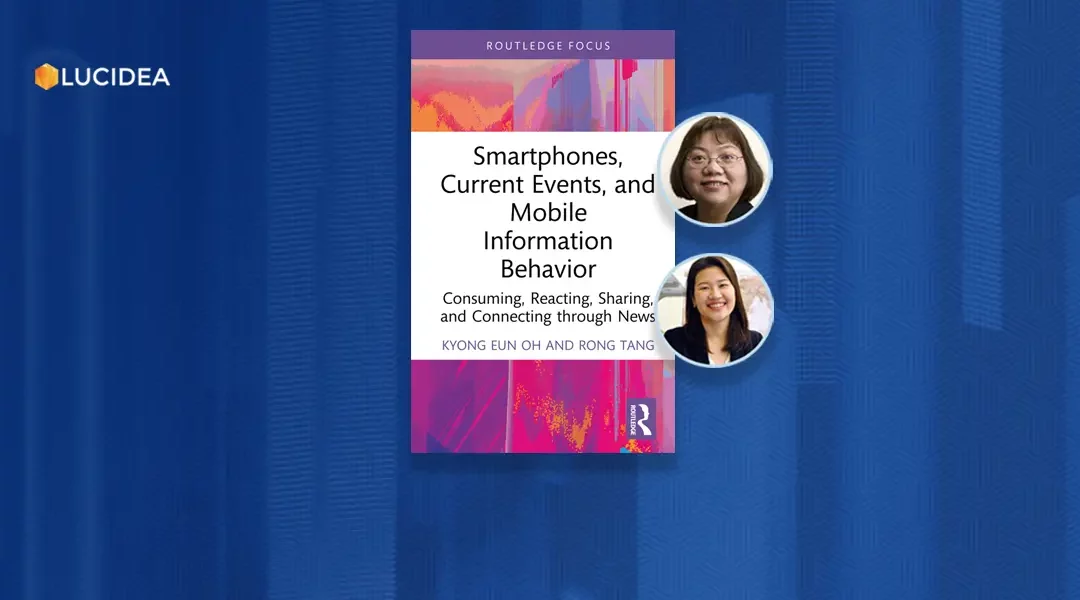
Mobile news consumption is an integral part of people’s daily lives—its impact on participation in political and social lives cannot be underestimated.
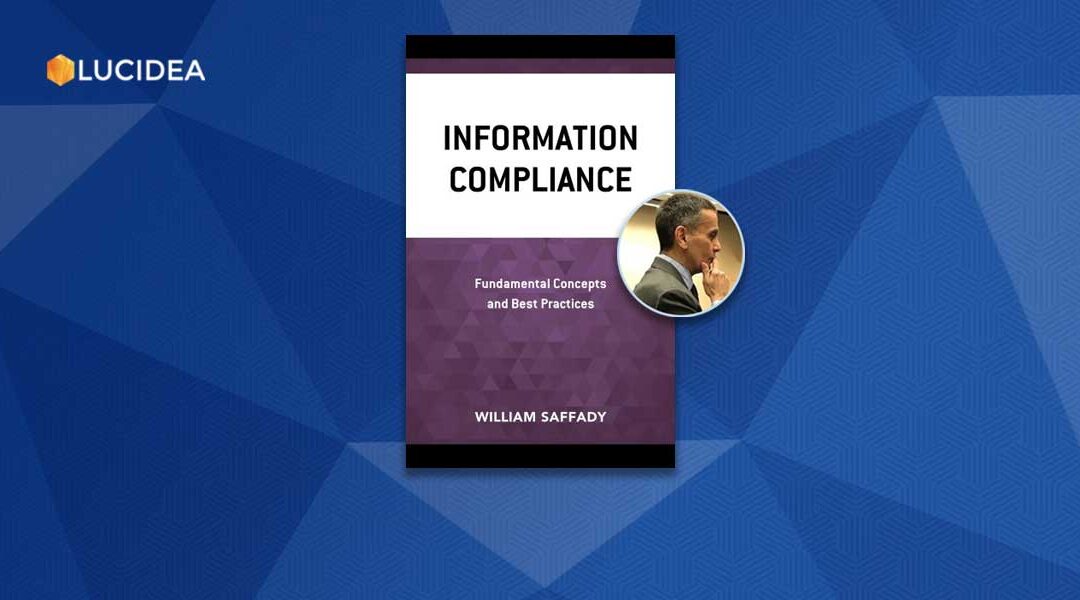
Information compliance is a multi-faceted concept that affects every aspect of information processing and management, including ESG concerns

Overview of book about the concepts associated with preserving and managing personal digital information, PIM (personal information management).

Dr. Lauren Hays’ reading recommendations for librarians, writers, teachers, and those interested in the intersection of technology and memory

Discussion of the Medical Library Association’s goals and initiatives with the 2023 President of the MLA, Shannon Jones.
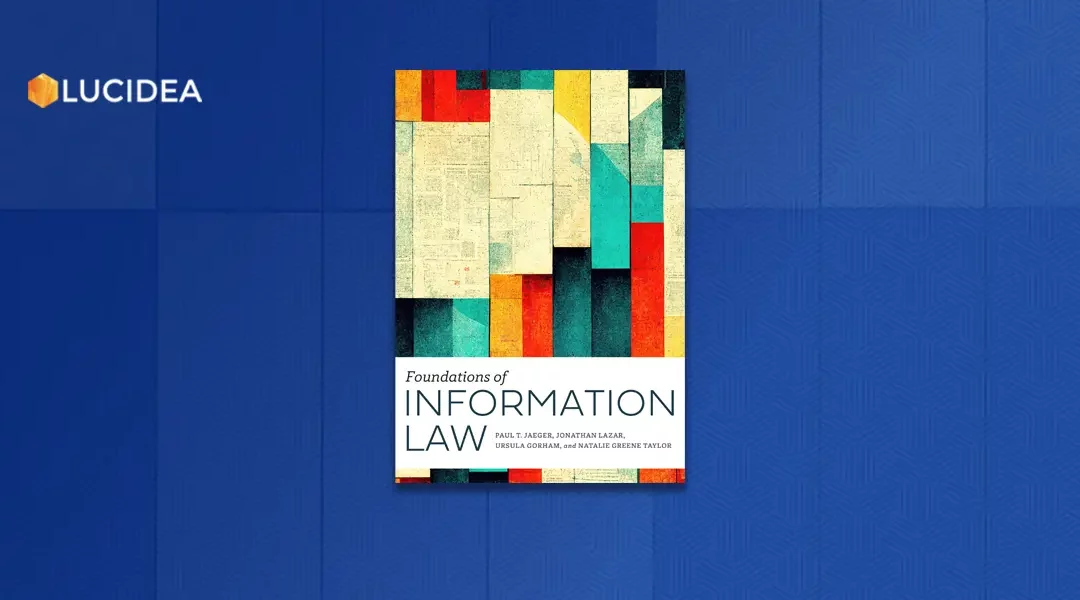
The book Foundations of Information Law makes the law relevant, understandable, and knowable to current and future librarians
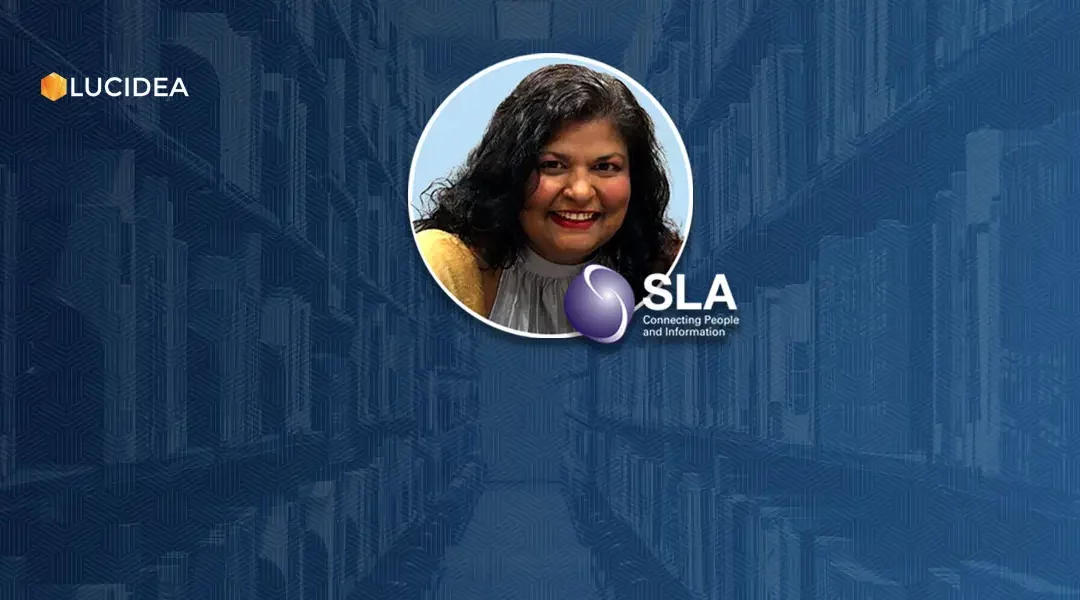
I recently enjoyed a conversation with Seema Rampersad, the current President of the Special Libraries Association. Our interview is below.

Thomas’ book Inside Wikipedia is his attempt to present a succinct, readable, and thorough introduction to Wikipedia, aimed squarely at “wiki-neophytes”
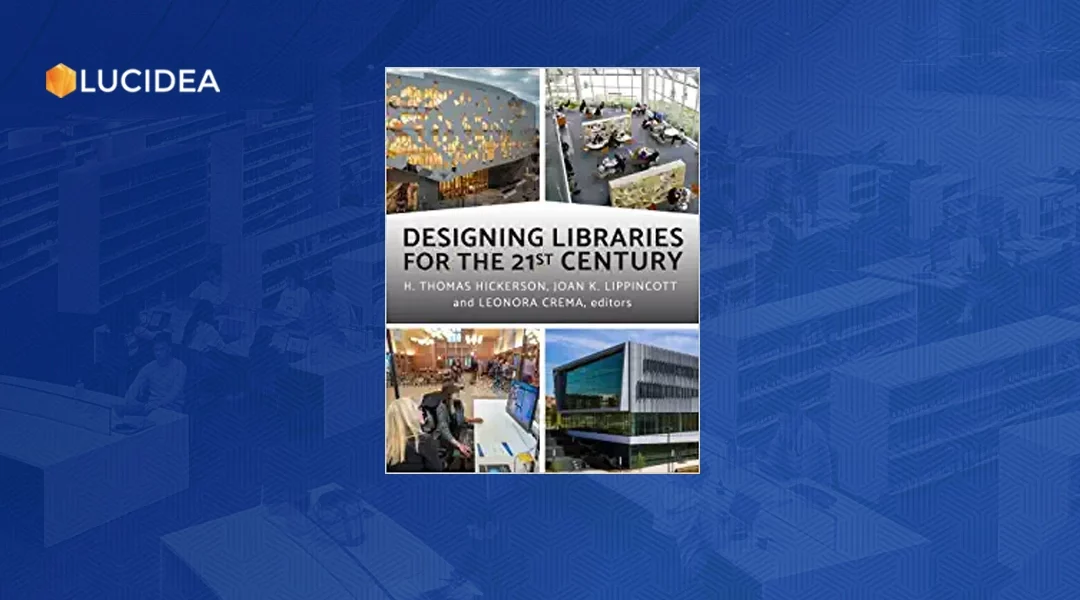
Interview with editors of Designing Libraries for the 21st Century; focused on academic libraries, but relevant and applicable to special libraries
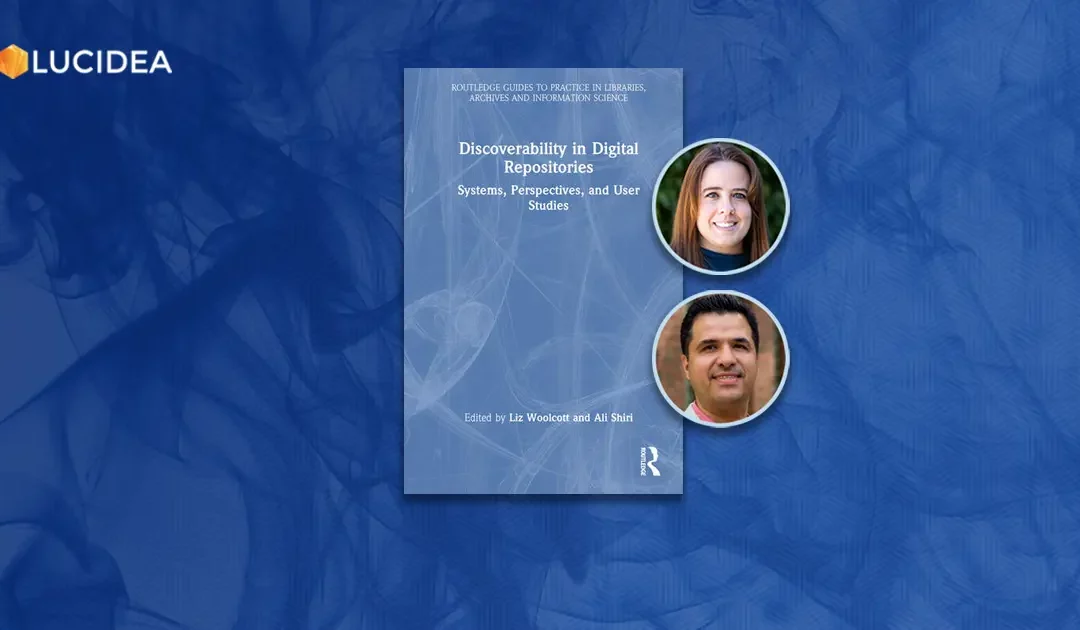
Interview with editors of a book that examines how discoverability occurs in digital repositories, focusing on both systems and user perspectives

Collection Management in the Cloud is a “how-to” book exploring cloud-based technologies for managing everyday library collection management workflows
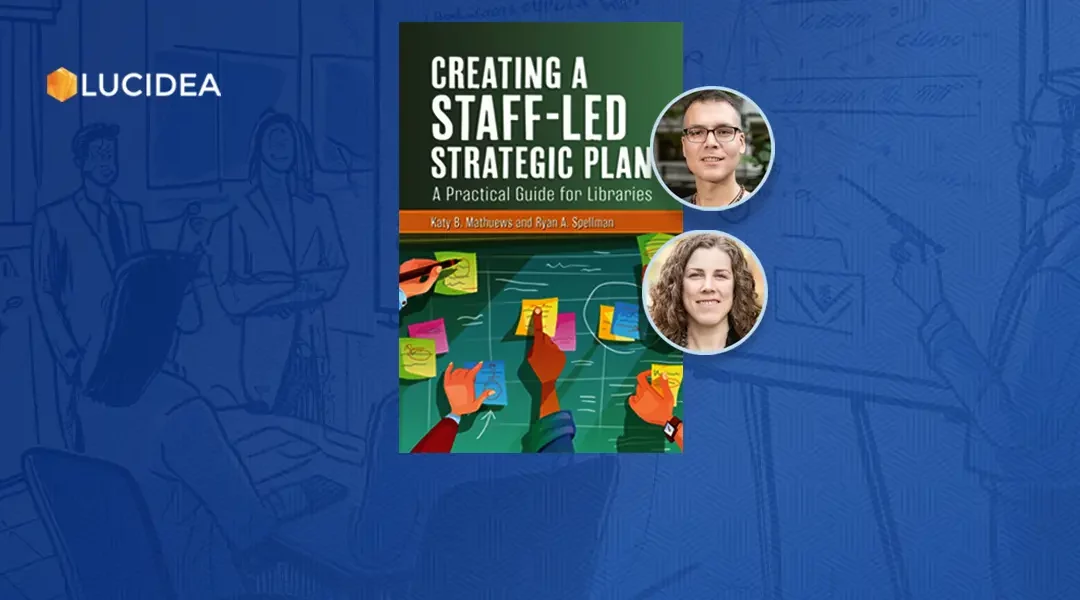
Staff-led strategic planning is an inclusive approach that engages and empowers staff to develop a strategic plan for their library collaboratively.

Interview with author of history of how information increased in quantity and variety during past 200 years, how that happened, why, and impact today
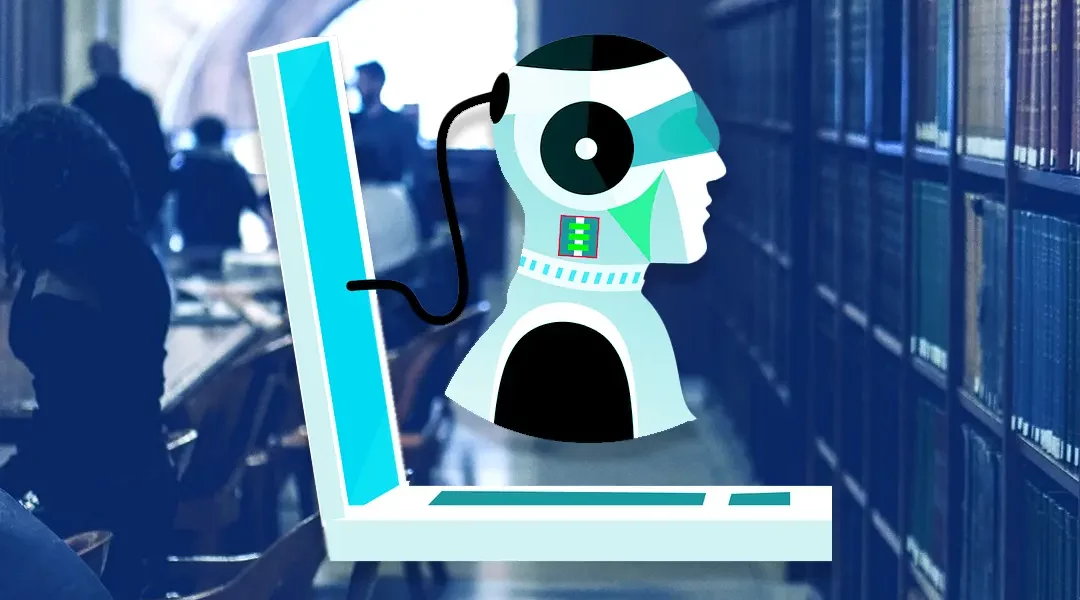
Generative AI can be used in libraries in databases, in the chat systems librarians use, and in cataloging.
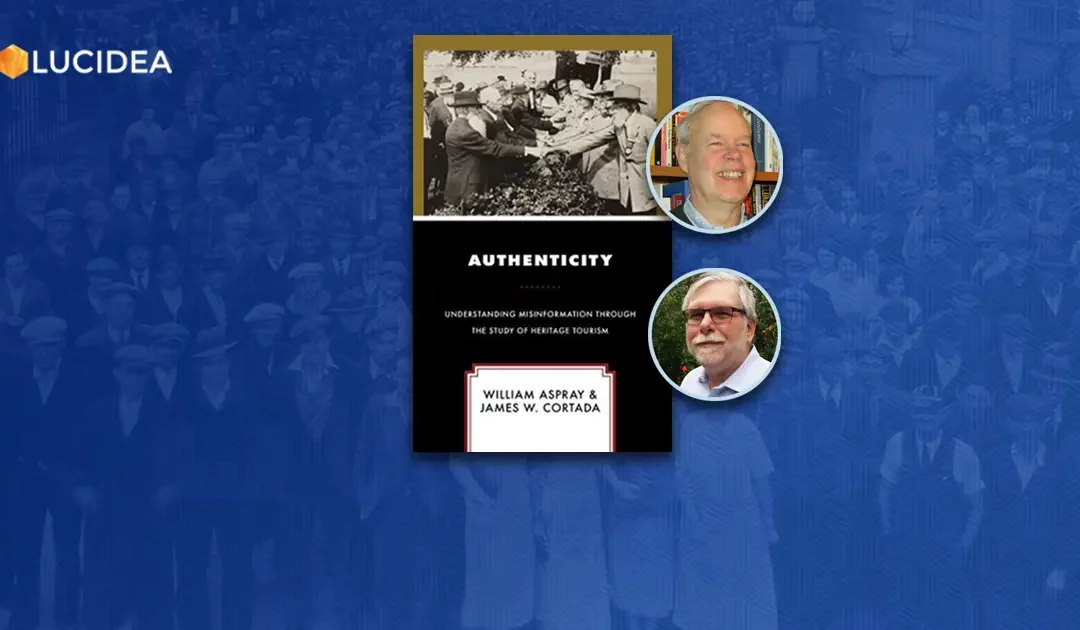
Interview with the authors of a book that explores the nature of authenticity and misinformation through the lens of heritage tourism
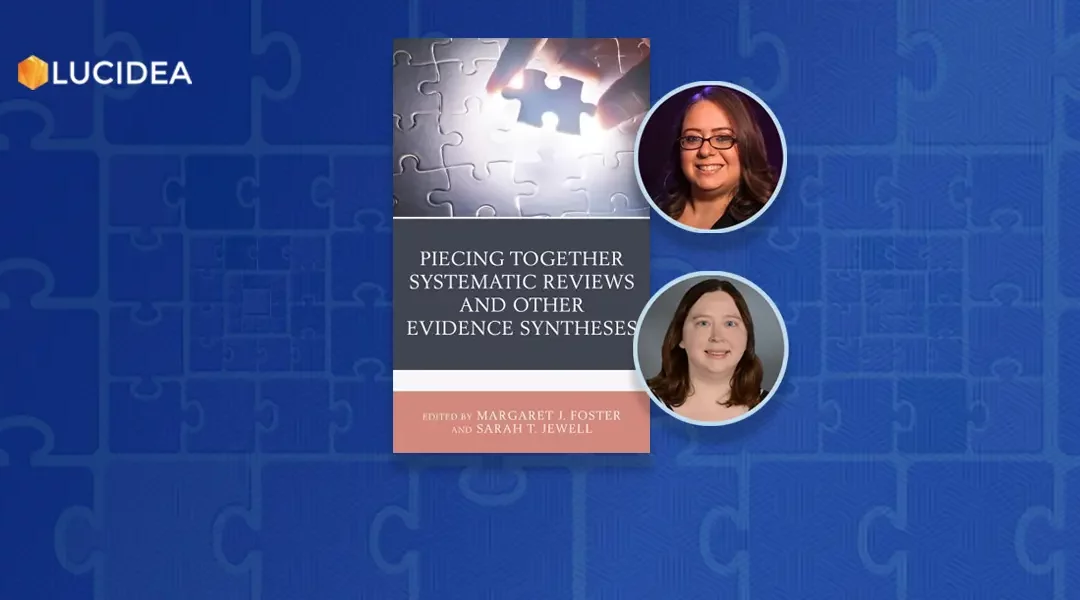
Interview with the authors of a guide to systematic reviews for librarians with in depth discussion of phases and processes.
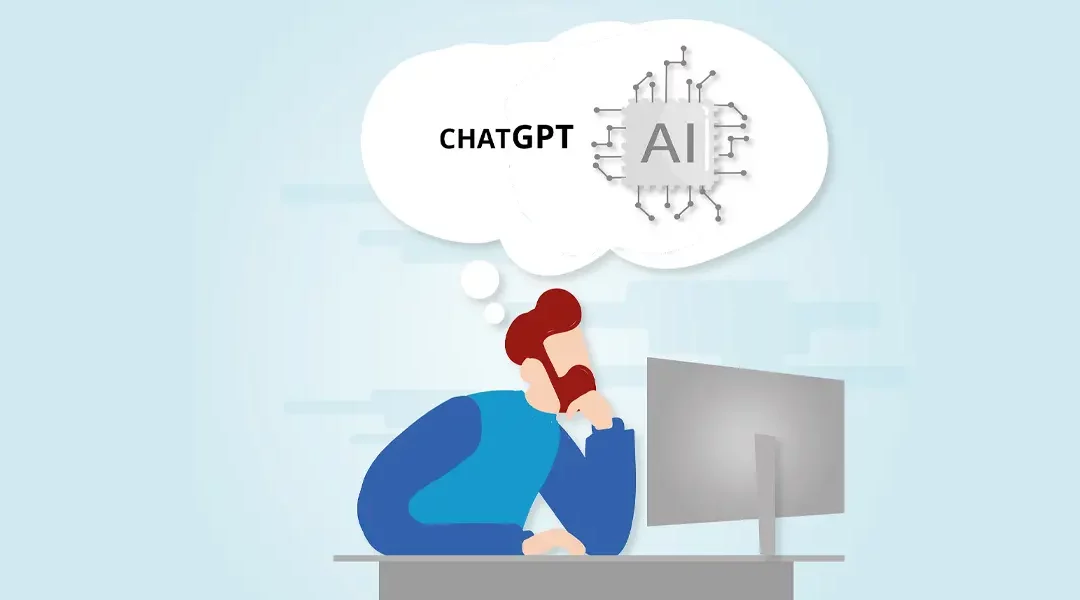
Overview of two main concerns with using ChatGPT that librarians might want to consider: privacy and information accuracy
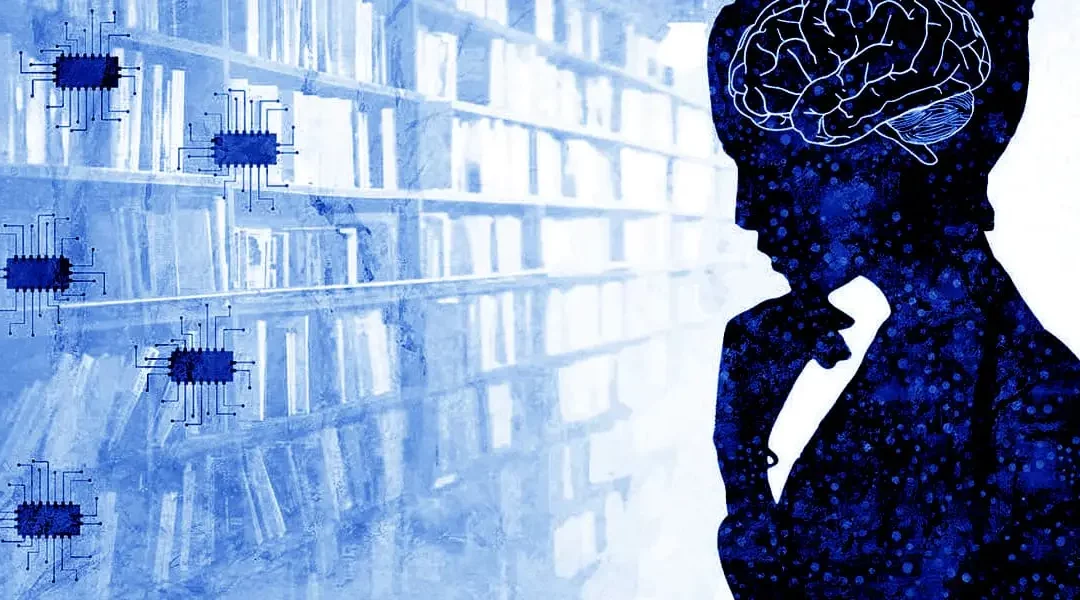
Three tech trends to watch include growth of artificial intelligence (AI), changes to the metaverse, and increased focus on information security
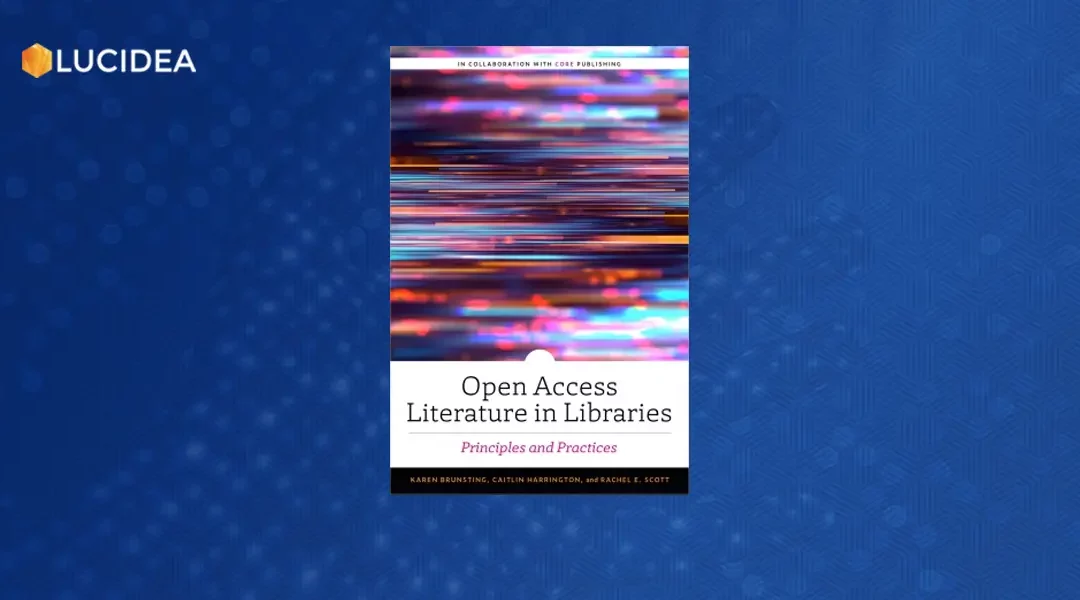
Interview with a co-author of a book that explores important topics related to Open Access literature in libraries and offers practice guidance.